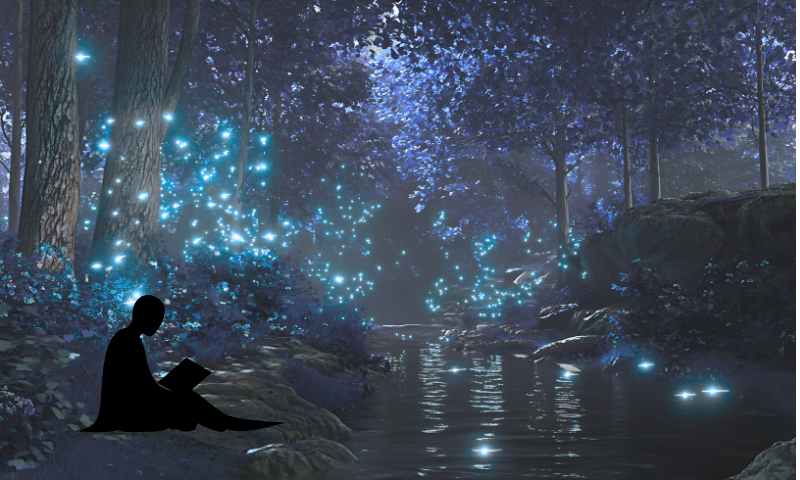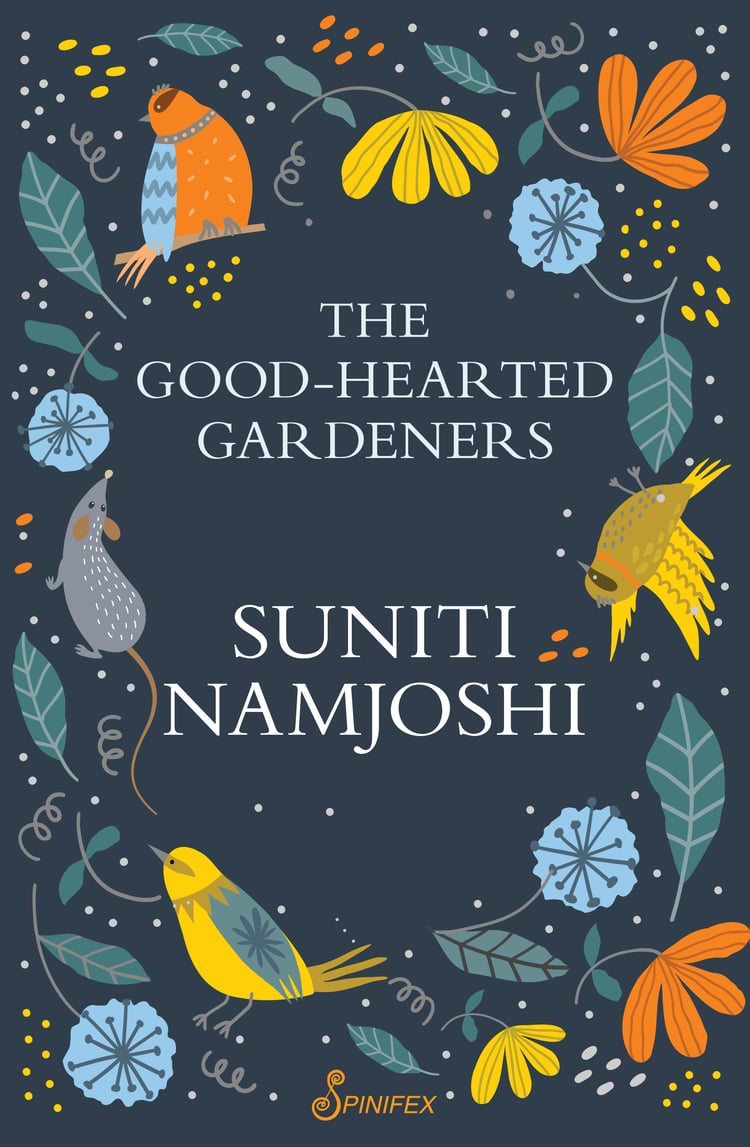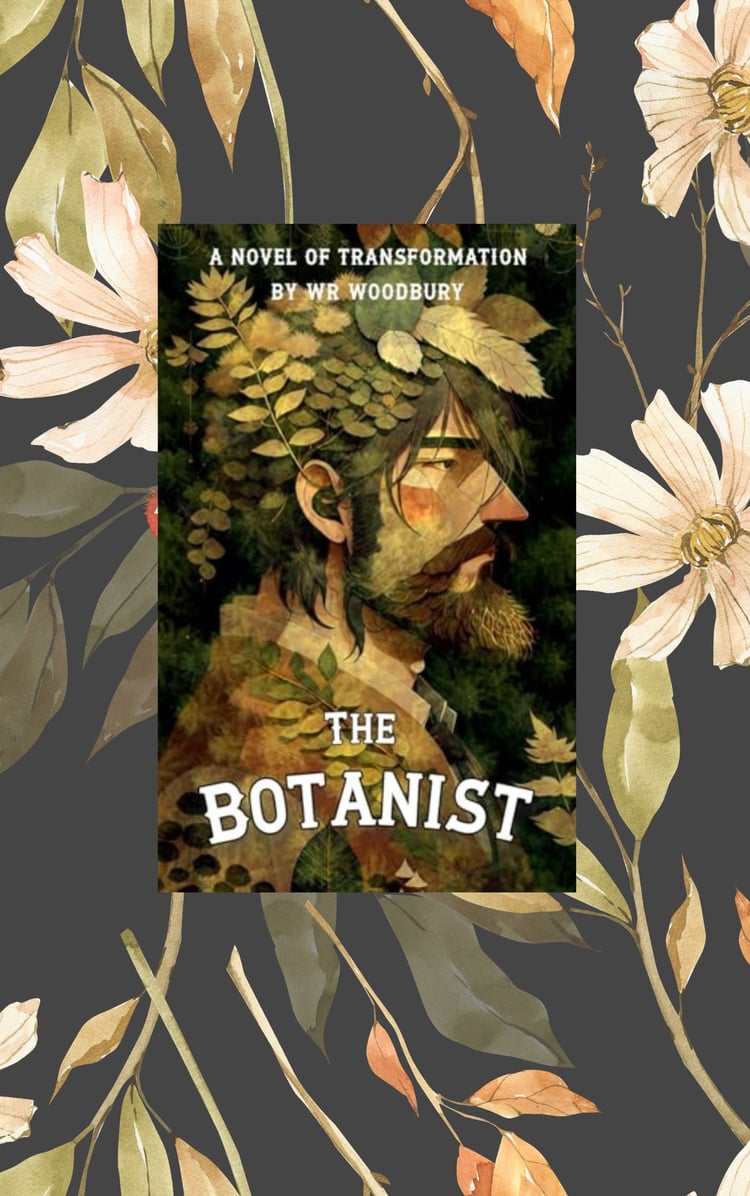
All that is gold does not glitter,
Not all those who wander are lost;
The old that is strong does not wither,
Deep roots are not reached by the frost.
-JRR Tolkien, "The Riddle of Strider"
The Lord of the Rings: The Fellowship of the Ring
Welcome!
This past week, three things happened that reminded me of the quote above. The phrase "All that glitters is not gold" stretches back to the 12th or 13th century and has been repeated often in song and story. Last weekend, we went to Halifax's Neptune Theatre to see Rosencrantz and Guildenstern Are Dead, starring Billy Boyd and Dominic Monaghan (Pippin Took and Merry Brandybuck, hobbits from Lord of the Rings). So I had Shakespeare and Tolkien on my mind. Then that night I decided to get an album for my husband for Valentine's Day and sat down to think about a good experience to share. In the wee hours of the morning, I'd decided on Led Zeppelin IV, which has "Stairway to Heaven". So, three things came together: Shakespeare who wrote the line in The Merchant of Venice; Led Zep, whose song "Stairway to Heaven" has the line, "There's a lady who's sure all that glitters is gold"; and of course Tolkien.

"Not all who those wander are lost," however, is more true to my life's experiences and the many paths I've hiked, run, or dreamed of. That I had the good fortune growing up to be so influenced by Tolkien, Led Zeppelin, and Shakespeare reminds me how subtly wonderful it is to be alive and influenced by art. And that's why I babble on each month. This newsletter is about fiction, mostly, that orbits the natural world. Being mesmerized and affected by nature is easy because of its beauty, horror, absurdity, essentiality, and mystery. It's eternally there, even though more threatened than ever. That nature is mirrored in song and story is sometimes as close as I can get in an otherwise hurried world. Led Zeppelin, Tolkien, and Shakespeare were all heavily inspired by the outdoors as well.
World eco-fiction spotlight
This month I chatted with Suniti Namjoshi about her background and her newest novella The Good-Hearted Gardeners. I read the book on the heels of seeing Rosencrantz and Guildenstern Are Dead, and the dialogs in each story are existential and witty, sure to keep you laughing, if not practicing syllogisms, playing the question game, or gardening.
With climate change and technology gone mad, what’s in store is a frightening scenario that threatens everyone—humans, animals, plants. Can the headlong rush to extinction be halted? When the birds and the cows and the horses and the mice and all the rest come together, much is possible. But at what cost? Will the planet and its inhabitants be saved?

Internationally acclaimed author Suniti Namjoshi is an important figure in contemporary literature in English. A writer of fables, poetry, satirical fiction, and children’s fiction, she has published over 30 titles in India, Australia, Canada, and Britain. Born in Mumbai in 1941, she first wrote and published in India, moved to Canada, and then to a small seaside village in the south-west of England with writer Gillian Hanscombe. In 2023, she was elected a Fellow of the Royal Society of Literature. Her books include Feminist Fables, Goja, Suki, Aesop the Fox, and Blue and Other Stories from Spinifex.
Book of the month
Rewilding Our Stories has a 2024 reading challenge at Storygraph; we also discuss the books in our Discord's book club channel. It's never too late to join; you all are welcome here. My Uncle David sent me a book for Christmas called The Botanist, and I chose to read it for one of my February books. He's self-publishing his novels, and I like to try to support good storytellers who go that route. I wouldn't try to get his books out there if I didn't believe in them or enjoy reading them. The Botanist is right up my alley as I explore the wilder world via fiction; it's blowing my mind some and also reminds me of James Michener's The Drifters, which I read when younger and which shaped lingering parts of me. The novel made me want to visit southern Spain someday, which I never did. The Botanist is taking me back there.

In this seven episode work of literary fiction, a young man partakes of psilocybin mushrooms with a native shaman in the Pacific Northwest, and discovers that he hears voices from plants and sees disturbing visions in certain trees. Pursuing a growing interest in botany across several continents, he encounters hashish producers and pederasts in Morocco, orchid collectors in Singapore and Florida, corrupt financiers and beautiful women in London, political extremists in Athens, drug smugglers in Milan, and a group of Tuscan Egyptologists, all while conducting his plant research. As he struggles to understand a series of mystifying visions, his skin goes through unusual changes that make it susceptible to climate and stress. On his last adventure he suffers a devastating punishment for misusing what he has come to understand as his special powers. These stories explore the possibility and impossibility of crossing cultures and ultimately, species.
Dragonfly news
Check out Dragonfly.eco for new novels, songs, eco-games, and more.
If you missed our small interim newsletter, Grist's Imagine 2200: the 2024 collection is out now. I interviewed Tory Stephens, Creative Manager, and syndicated two of the stories at Dragonfly: To Labor for the Hive by Jamie Liu and Cabbage Koora: A Prognostic Autobiography by Sanjana Sekhar.
Look forward to upcoming interviews with Tiffany Morris, Suyi Davies Okungbowa, and Donna Cameron.
I'm also working on a spotlight of Gabriel García Márquez works and how he was informed by the natural world around him.
I wrote an article for The Ecology and Action Centre's spring magazine and can't wait to share it with you next month.
Resources
In case you’ve missed these exciting resources at Dragonfly, which are constantly being updated, check ‘em out!
LinkTree: Find out more about me.
Rewilding Our Stories: A Discord community, where you can find resources, reading, and writing fun in fiction that relates strongly to nature and environment.
World’s biggest playlist? Our environmental/nature song-of-the-week playlist goes back to 2015.
Book recommendations: a growing list of recs.
Eco/climate genres: They’re all over the place, and here’s an expanding compendium.
Inspiring and informative author quotes from Dragonfly’s interviews.
List of ecologically focused games.
List of eco/climate films and documentaries.
Eco-fiction links and resources.
Book database: Database of over 1,000 book posts at Dragonfly.eco.
Turning the Tide: The Youngest Generation: Fiction aimed toward children, teens, and young adults.
Indie Corner: The occasional highlight of authors who publish independently.
Artists & Climate Change. This is an extraordinary resource delving into all kinds of the arts focused on climate change. For a while now they’ve been rerunning my world eco-fiction spotlights. I’m a core writer for their team, and I’m both honored and grateful. Look for my “Wild Authors” series there. Note that this site is indefinitely paused at the moment, but the owner let me know that the content isn’t going away.
You just read issue #39 of Dragonfly.eco News. You can also browse the full archives of this newsletter.
